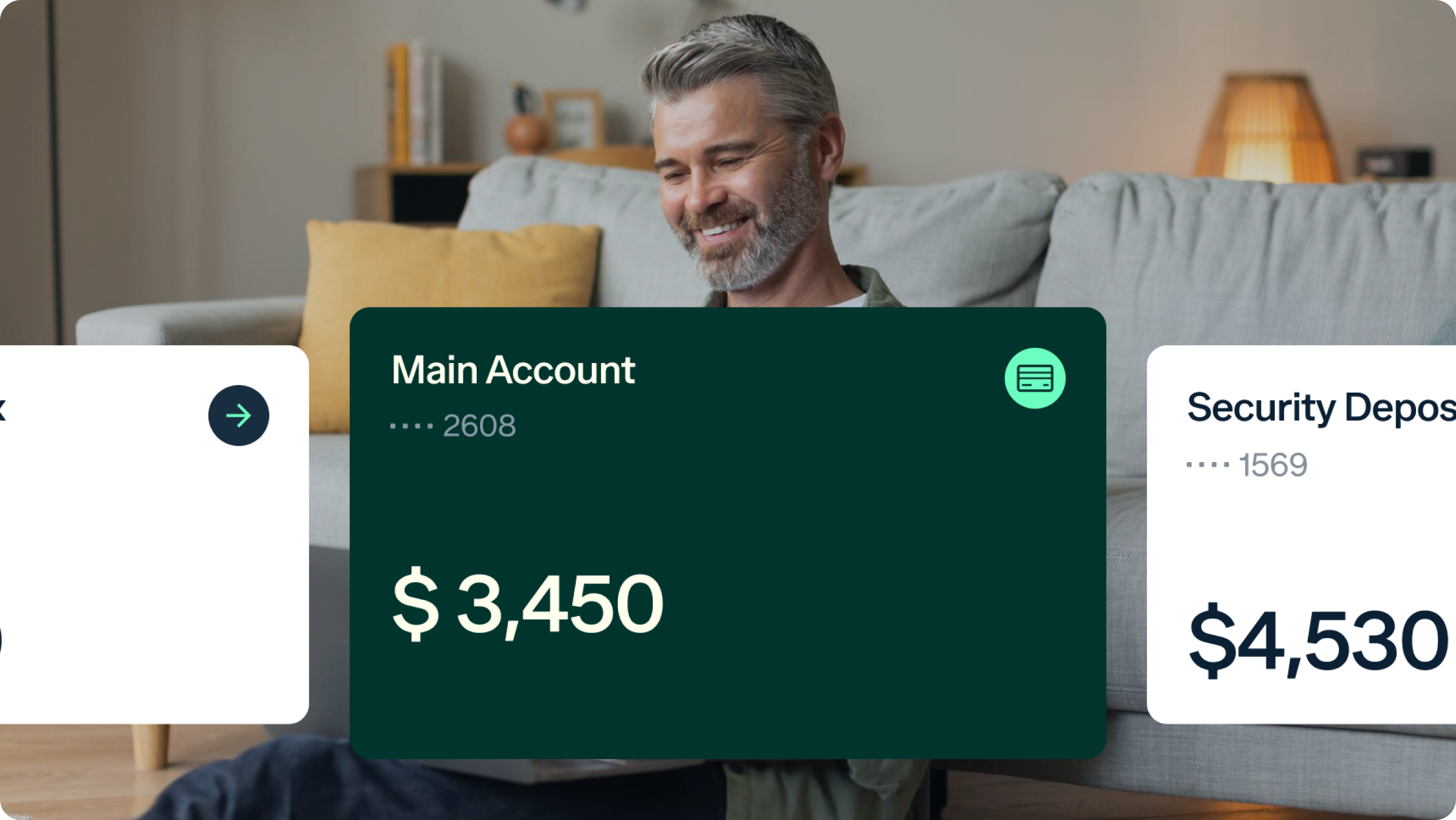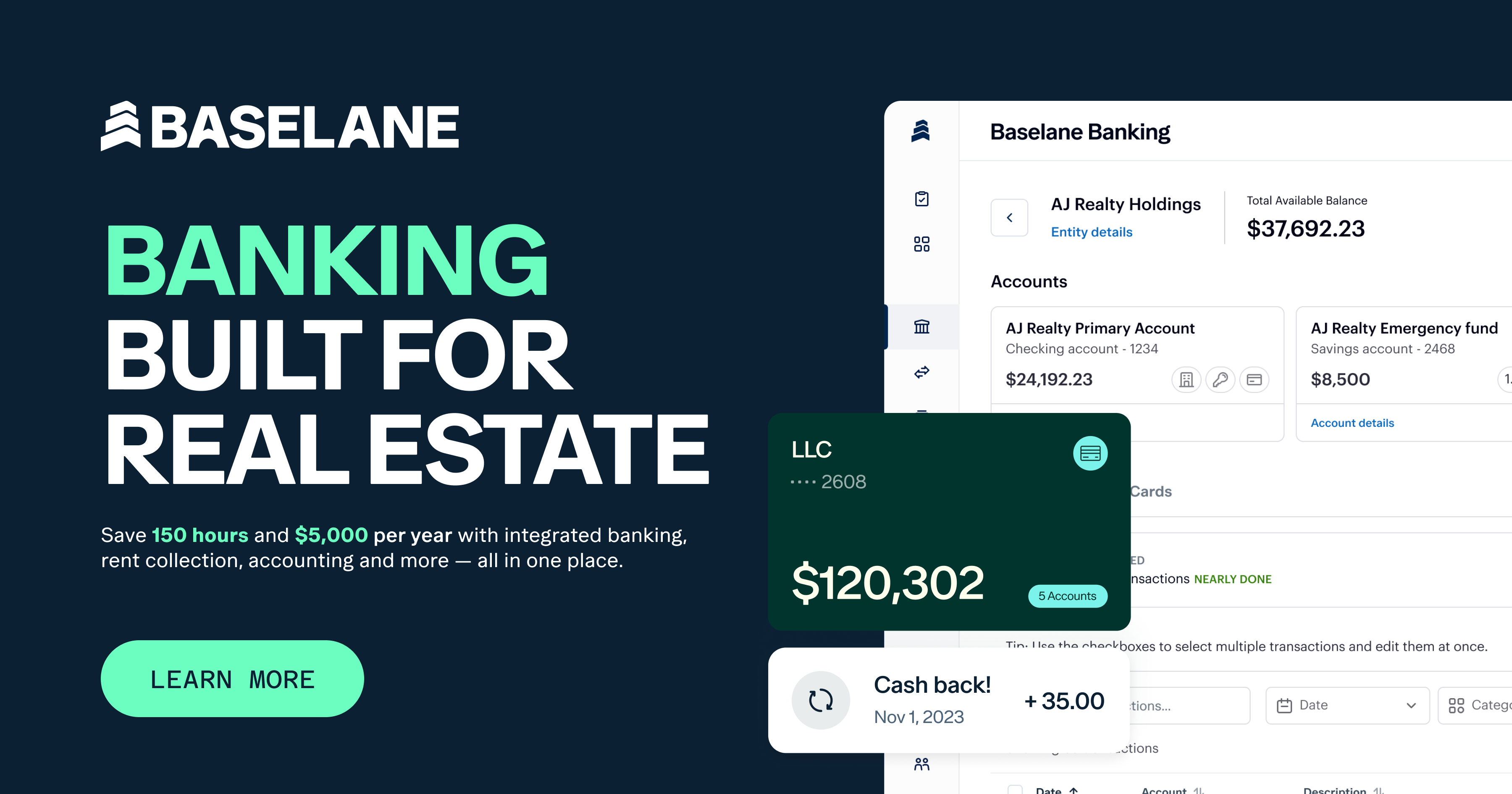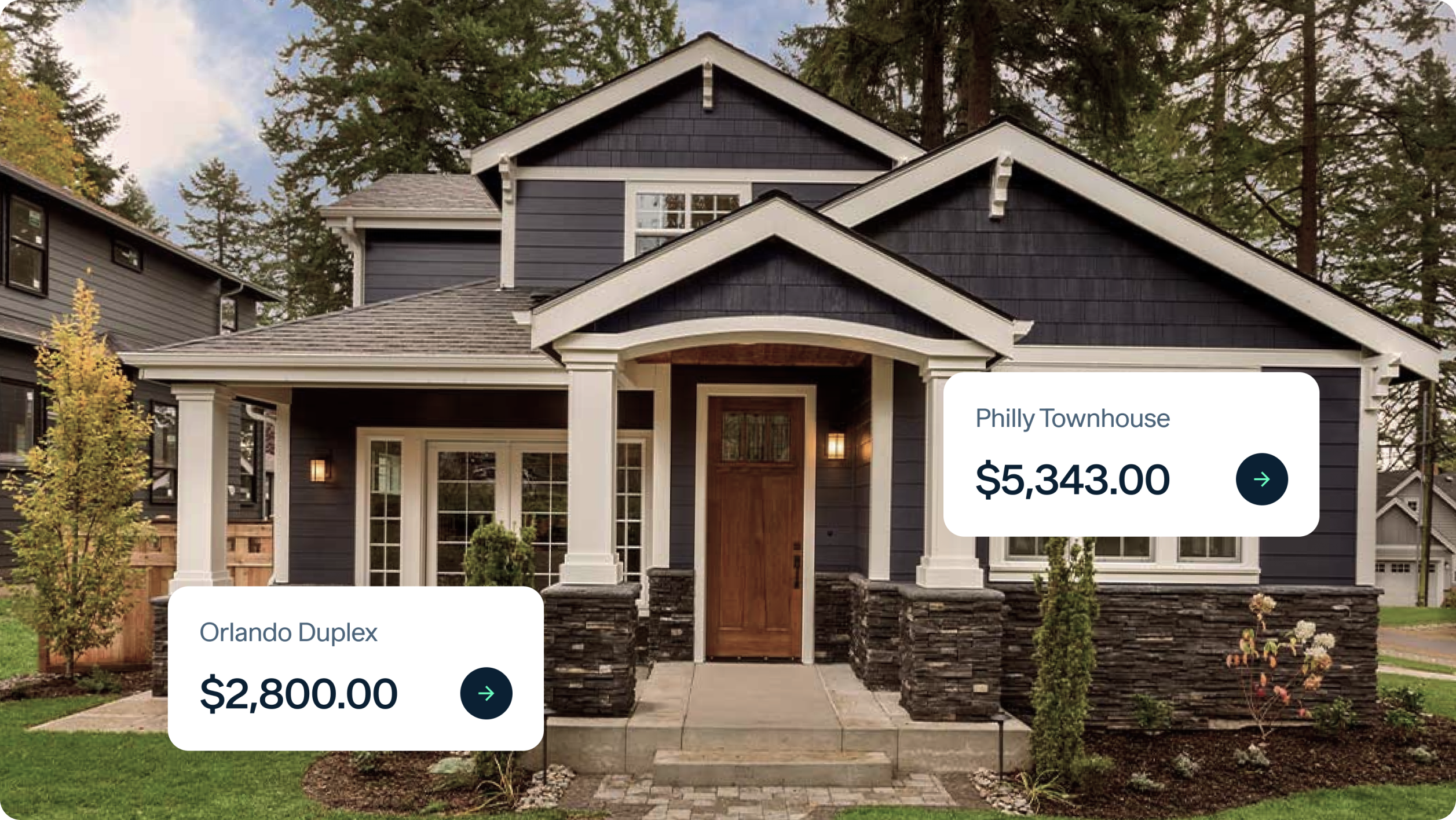Real estate investing starts with setting up a bank account. However, banks that work for personal finances won’t necessarily have all the features you need to run rental properties.
We’ve compiled a list of the 12 best banks for real estate investors and top debit cards to help you find the right fit for your rental finances.
Key takeaways
- Baselane: Specializes in digital landlord banking, automated bookkeeping, online rent collection, and rental loans; no monthly fees.
- Chase: Ideal for multifamily lending; extensive branch network.
- Bluevine: Offers small business banking and credit lines; low fees.
- Stessa: Suitable for online rent collection; competitive rates for smaller operations.
- Bank of America: Good for business checking and loans; large branch network.
- U.S. Bank: Focuses on long-term owner-occupied loans; diverse banking products.
- Wells Fargo: Strong in multifamily property loans; wide range of banking services.
- Capital One: Integrates personal and business banking; low-fee business accounts.
- First Internet Bank: Online-only with full-service business lending; lower online costs.
- Ally Bank: Best for sole proprietors; competitive rates and low fees.
- Axos Bank: Great for interest-earning business checking accounts; basic no-fee options.
- Relay Bank: Ideal for team expense management; no minimum balance requirements.
Why have separate bank accounts for rental properties?
Learn how separate accounts can simplify your expense tracking and taxes.
What should real estate investors look for in a bank account?
For real estate investors, selecting the right bank account is crucial for efficiently managing and growing a rental property business. Here are key features to consider when comparing the best bank accounts for landlords:
- Account fees: Choose rental property bank accounts that don’t charge fees for monthly maintenance, minimum balances, or opening new accounts. Look for free ACH transfers and wires, and minimal transaction fees.
- Rewards: Look for a bank for real estate investors that offers high-yield savings accounts, debit card cash-back rewards, and other perks.
- Payments: The best bank for rental properties should facilitate easy online transactions for sending and receiving payments. This includes credit cards, debit cards, wire transfers, electronic checks, paper checks, and ACH transfers. Note any fees or limits so you don’t run into surprise charges or unexpected transaction limits.
- Virtual accounts: Baselane is one of the only online banking services offering unlimited virtual accounts for each property or unit and dedicated accounts for security deposits. Virtual Accounts are free “sub-accounts” with their own account number nestled under the Main Account.
- Virtual cards: The best bank for landlords will offer physical and virtual debit cards with custom spend controls and automated transaction tagging by Schedule E. Virtual cards work exactly like debit cards, only they’re on Baselane Banking instead of in your wallet. You can use virtual cards to pay online or contactless on your phone via Apple Pay or Google Pay. On the Baselane platform, you can access the unique card number, expiry date, and CVV of virtual cards.
- Built-in expense management: Prioritize business bank accounts that have integrated landlord bookkeeping to automate expense tracking. This can save you from spending an arm and a leg for an accountant or third-party accounting tool.
- ATM network: Most landlords don’t need to deposit cash, but the option to withdraw from ATMs with no or low fees is important to some rental property business owners.
- Financing options: If you need to borrow money for purchasing or renovating a rental property, it’s convenient to have real estate financing options available through the bank you use for managing rental property finances.
- Customer service: While most banks for real estate investors come with self-service features on the web and in mobile banking apps, reliable customer support from real humans should be easily accessible. Having a landlord bank with customer service available for longer or more days and hours is a plus.
Best Banks for Real Estate Investors
Without any further ado, here’s our list of the 12 best banks for real estate investors.
1. Baselane
Best for: All-in-one landlord banking with built-in rent collection, automated bookkeeping, and real estate financing.
Baselane is a banking and financial platform built specifically for real estate investors and landlords. You can open unlimited virtual checking and savings accounts per property for organizing your finances, automate bills and payments, and use virtual debit cards with spend limits to control expenses—all while earning cash back and up to 3.35% APY2 with no monthly fees or minimum balance requirements.
In addition to everything you would expect from online banking, Baselane’s rent collection is fully automated, and AI-powered bookkeeping auto-tags all your transactions by property and Schedule E category for real-time cash flow visibility and instant financial reports. You can also secure financing and insurance, screen tenants, and sign leases (plus more) directly in the app, providing one platform for managing every stage of the rental process.
| Account Fees | $0/month |
| Minimum balance | No minimum balance requirement |
| Rewards | Up to 3.35% APY2 & 1% cash back3 |
| Multiple payment methods | One-time & recurring ACH, wires, checks |
| Virtual cards | |
| Virtual accounts | |
| Built-in bookkeeping | |
| ATM network | 55,000 + no-fee Allpoint ATMs |
| FDIC Insurance | Up to $3M1 on funds deposited via Thread Bank; Member FDIC. |
| Payee management | |
| Integrated rent collection | |
| Financing options | |
| Customer service | Phone, email, chat |
2. Chase
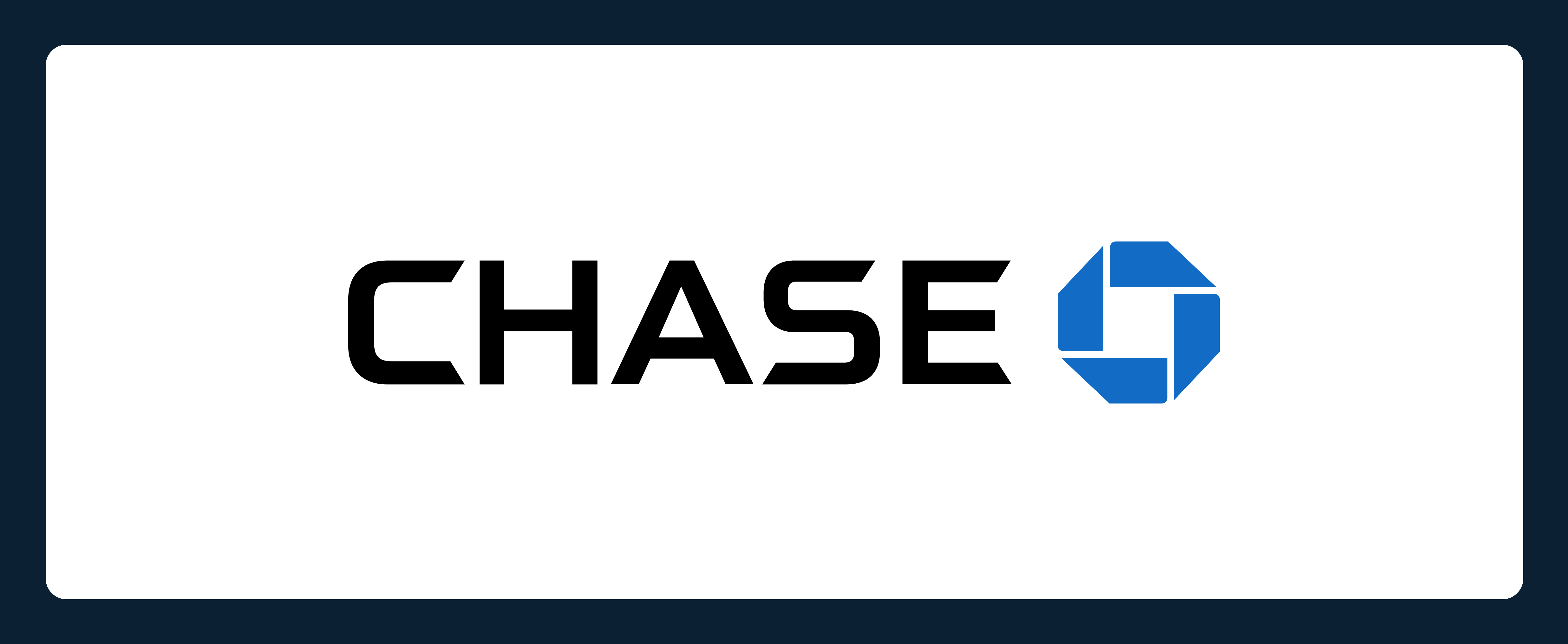
Best for: CRE multifamily lenders with business checking and credit cards.
Chase is one of the biggest and most recognizable names in banking, partially due to a massive network of branches stretching across the country. Chase Bank operates more than 4,700 branches in the United States. While most landlords today don’t need to visit physical branches, Chase is a good option if that’s important to you.
Due to its size, Chase offers robust lending products, including home mortgages and business loans. However, you’ll generally see unfavorable interest rates and high fees unless you meet certain minimum monthly requirements. These requirements can include maintaining a $2,000 minimum daily balance or using a Chase Ink credit card for at least $2,000 in monthly purchases.
| Account Fees | $15 to $95/month |
| Minimum balance | $2,000 to $100,000 |
| Rewards | 0.01% APY |
| Multiple payment methods | |
| Virtual cards | |
| Virtual accounts | |
| Built-in bookkeeping | |
| ATM network | 15,000 ATMs |
| FDIC Insurance | Up to $250,000 |
| Payee management | |
| Integrated rent collection | |
| Financing options | |
| Customer service | Phone, email, and in-person at branches |
3. Bluevine
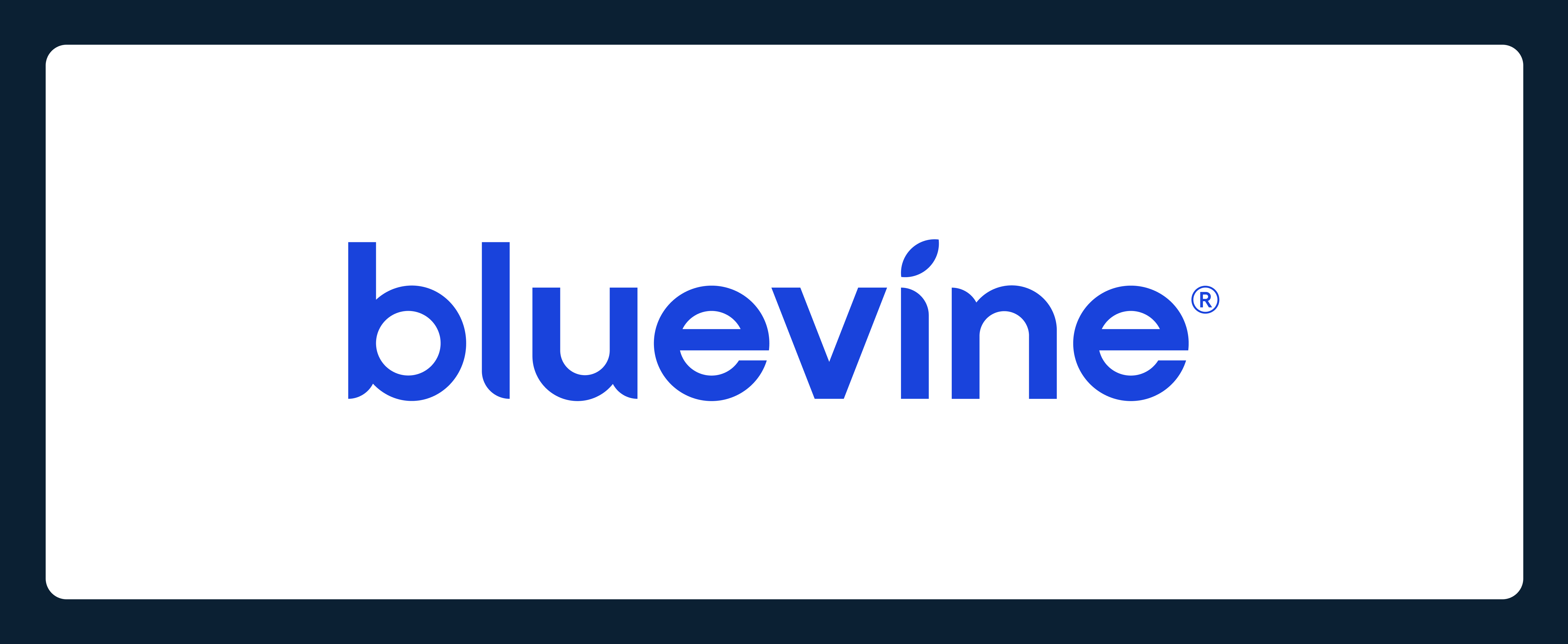
Best for: Small business banking and line of credit.
Bluevine is an online bank for small businesses. While it’s missing landlord and property investment features, it does a good job of offering accounts with low fees and interest on all balances. The paid real estate bank accounts have higher interest rates and a few other perks. These cost $30 to $95 per month or $0 if you can meet the minimum daily balance of $20,000 to $30,000 and spend up to $5,000 per billing period.
A standout feature is the Bluevine line of credit up to $250,000 for qualifying applicants. It works like a credit card – every time you tap into the credit line, that draw is amortized to automatically pay back with weekly or monthly payments over six or 12 months.
| Account Fees | $0 to $95/month |
| Minimum balance | $20,000 to $100,000 ($0 for free plan) |
| Rewards | 1.5% APY (up to 3.7% on paid plans); Up to 4% cash back |
| Multiple payment methods | |
| Virtual cards | |
| Virtual accounts | |
| Built-in bookkeeping | |
| ATM network | 37,000+ ATMs |
| FDIC Insurance | Up to $3M |
| Payee management | |
| Integrated rent collection | |
| Financing options | |
| Customer service | Phone, email |
4. Stessa
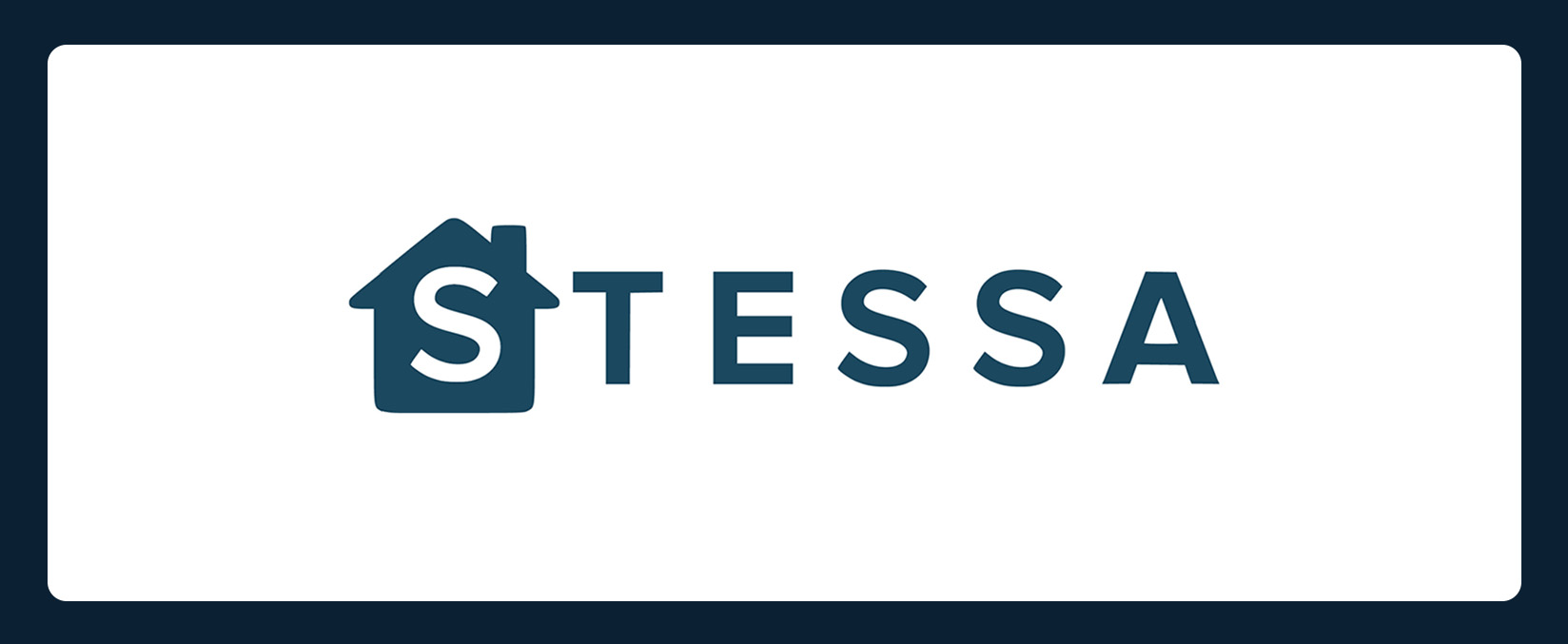
Best for: Online rent payments via ACH transfers.
Roofstock subsidiary Stessa offers online banking for landlords with low fees and cash back on purchases. Larger operations may run into issues with daily deposit limits when rent is due, which can be as low as $6,000, depending on the method.
You’ll have to pay $28 per month for the Pro plan to get better interest rates and accounting features. Tenants can set up automatic rent payments via ACH. Stessa doesn’t support debit and credit card payments like Baselane.
| Account Fees | $0 to $28/month |
| Minimum balance | No minimum balance requirement |
| Rewards | 2.31% APY (up to 3.98% APY for Pro subscribers); 1.1% cash back |
| Multiple payment methods | |
| Virtual cards | |
| Virtual accounts | |
| Built-in bookkeeping | |
| ATM network | 55,000+ Allpoint ATMs |
| FDIC Insurance | Up to $3M |
| Payee management | |
| Integrated rent collection | |
| Financing options | |
| Customer service | Phone (Pro plan only), email |
5. Bank of America

Best for: Standard business checking and CRE loans.
Bank of America is one of the largest brick-and-mortar banks in the U.S., operating a network of about 3,900 branches nationwide. Bank of America offers accounts for nearly every type of personal or business financing need, including checking, savings, and commercial real estate (CRE) loans.
However, this real estate bank is known for low interest rates and high fees if you don’t meet the $5,000 monthly balance requirement or use a Bank of America debit card for at least $500 in monthly purchases. Fees are waived on Preferred Rewards for Business Member accounts, regardless of your balance and debit card activity.
| Account Fees | $16 to $29.95/month |
| Minimum balance | $5,000 to $15,000 |
| Rewards | 0.01% to 0.04% |
| Multiple payment methods | |
| Virtual cards | |
| Virtual accounts | |
| Built-in bookkeeping | |
| ATM network | 15,000 ATMs |
| FDIC Insurance | Up to $250,000 |
| Payee management | |
| Integrated rent collection | |
| Financing options | |
| Customer service | Phone |
6. U.S. Bank
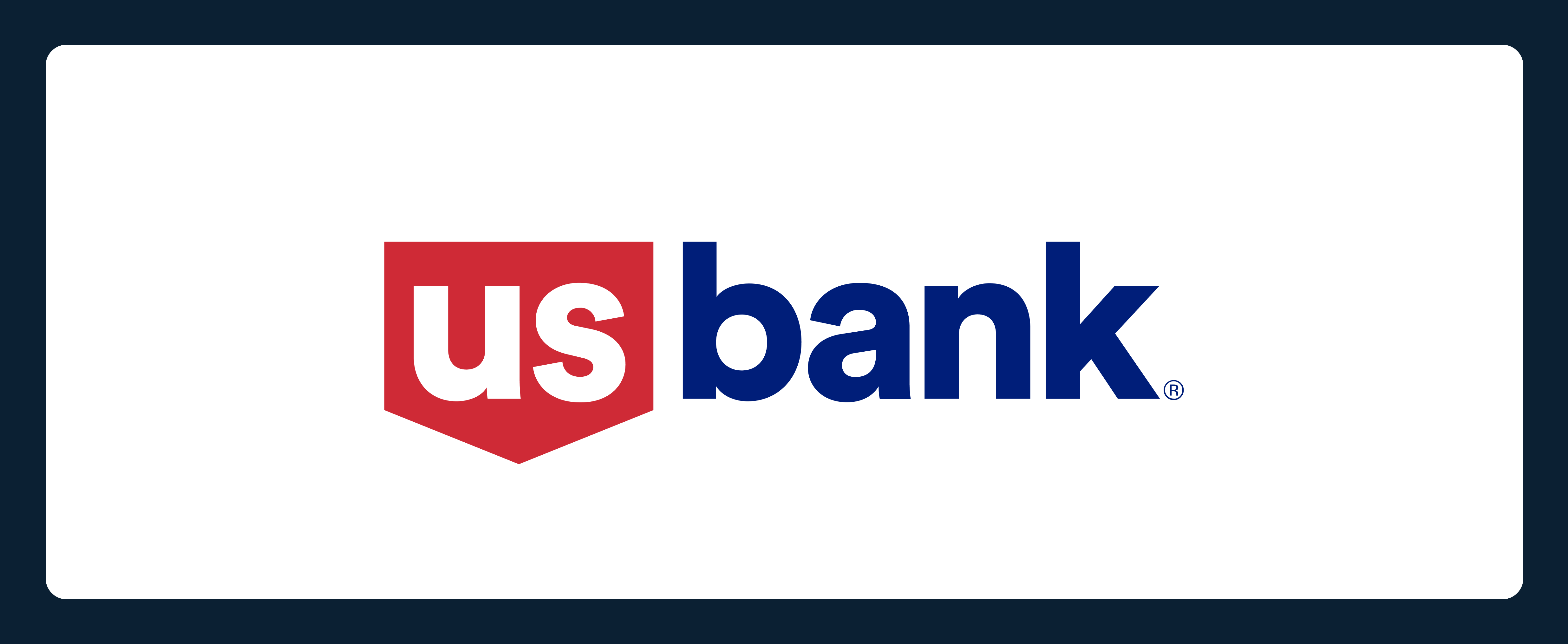
Best for: Long-term owner-occupied CRE loans.
U.S. Bank is the fifth-largest bank in the United States, operating more than 4,700 branches. It’s a strong choice for owner-occupied commercial real estate loans and offers various personal and business banking products.
Like other large brick-and-mortar banks, interest rates are on the lower side. You’ll likely encounter monthly maintenance fees of up to $30 depending on the type of account unless you maintain a high collective balance across U.S. Bank accounts.
| Account Fees | $0 to $30/month |
| Minimum balance | $10,000 to $75,000 ($0 for free plan) |
| Rewards | 0.005% to 0.01% APY |
| Multiple payment methods | |
| Virtual cards | |
| Virtual accounts | |
| Built-in bookkeeping | |
| ATM network | 4,700 ATMs |
| FDIC Insurance | Up to $250,000 |
| Payee management | |
| Integrated rent collection | |
| Financing options | |
| Customer service | Phone, email, and in-person at branches |
7. Wells Fargo
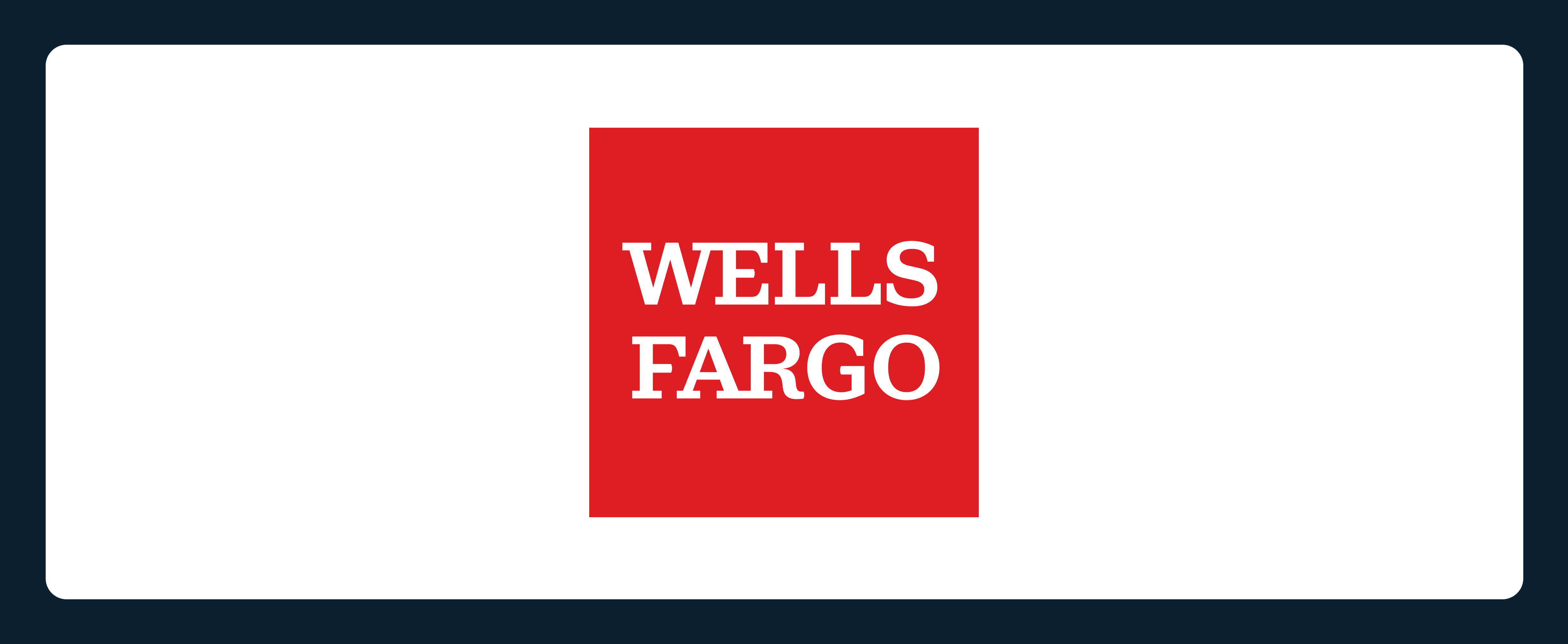
Best for: CRE loans for multifamily properties.
Wells Fargo is a top-five bank in the United States and operates 7,015 branches nationwide. With the second-largest number of bank locations, there’s a good chance you live or work (or invest) near a Wells Fargo branch. It’s strong in offerings for multifamily property loans and provides a suite of products that should cover the needs of any real estate investor.
Again, you’ll find low interest rates, high fees, and minimum balance requirements to avoid monthly charges. For the basic business checking account, you’ll pay $10 per month unless you maintain a minimum $500 daily balance and a $1,000 average ending daily balance. But it could be a good pick if you’re looking for a big commercial loan or find Wells Fargo convenient.
| Account Fees | $10 to $75/month |
| Minimum balance | $500 to $15,000 |
| Rewards | 0.01% APY |
| Multiple payment methods | |
| Virtual cards | |
| Virtual accounts | |
| Built-in bookkeeping | |
| ATM network | 11,000+ ATMs |
| FDIC Insurance | Up to $250,000 |
| Payee management | |
| Integrated rent collection | |
| Financing options | |
| Customer service | Phone, email, and in-person at branches |
8. Capital One
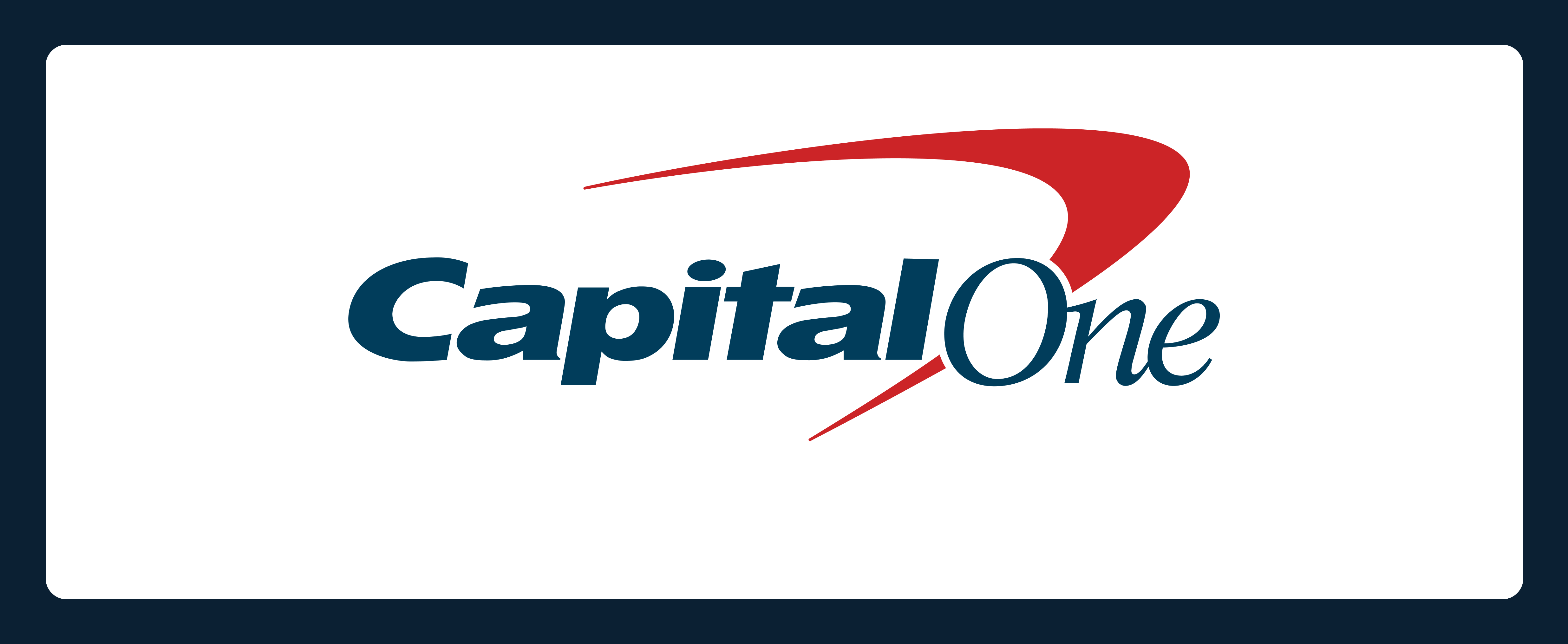
Best for: Personal and business banking with one login.
Capital One is a bank with high-tech features for personal bank accounts while also offering a strong suite of business services. For real estate investors, you can find checking, savings, and lending alongside excellent low-fee personal checking and savings accounts.
You can transfer between personal accounts quickly and easily. Business accounts generally come with low fees, though you’ll still see a monthly fee of $15 to $35 unless you maintain a minimum balance. You’ll need an average balance of $2,000 for the basic checking account and $25,000 for enhanced checking.
| Account Fees | $15 to $35/month |
| Minimum balance | $2,000 to $25,000 |
| Rewards | 0.01% |
| Multiple payment methods | |
| Virtual cards | |
| Virtual accounts | |
| Built-in bookkeeping | |
| ATM network | 70,000+ ATMs |
| FDIC Insurance | Up to $250,000 |
| Payee management | |
| Integrated rent collection | |
| Financing options | |
| Customer service | Phone, chat |
9. First Internet Bank
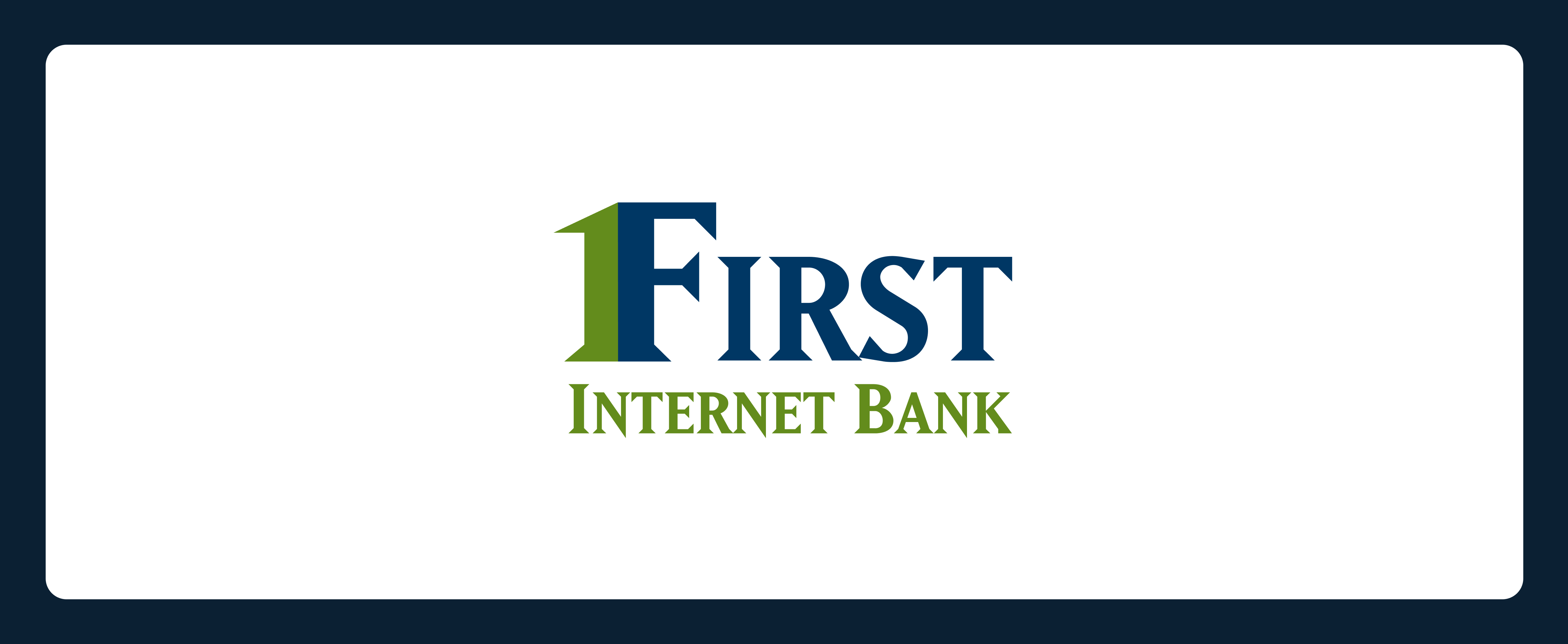
Best for: Digital-only bank with full-service business lending.
First Internet Bank is an online-only bank that offers full-service business lending. While many online banks focus on consumer banking needs, First Internet Bank covers a wide range of business financing needs.
For real estate banking services, you have options for online checking and savings, business lending, and commercial real estate lending products. First Internet Bank offers similar products to brick-and-mortar competitors but with lower costs of online-only banking, such as no monthly account fees and reimbursements for using other bank ATMs (up to $10 per month). Checking accounts earn 0.5% interest, but only if you maintain an average daily balance of $10,000.
| Account Fees | $0/month |
| Minimum balance | No minimum balance requirement for checking; $1,000 for savings |
| Rewards | 0.50% APY |
| Multiple payment methods | |
| Virtual cards | |
| Virtual accounts | |
| Built-in bookkeeping | |
| ATM network | 55,000+ Allpoint ATMs |
| FDIC Insurance | Up to $250,000 |
| Payee management | |
| Integrated rent collection | |
| Financing options | |
| Customer service | Phone, email |
10. Ally Bank
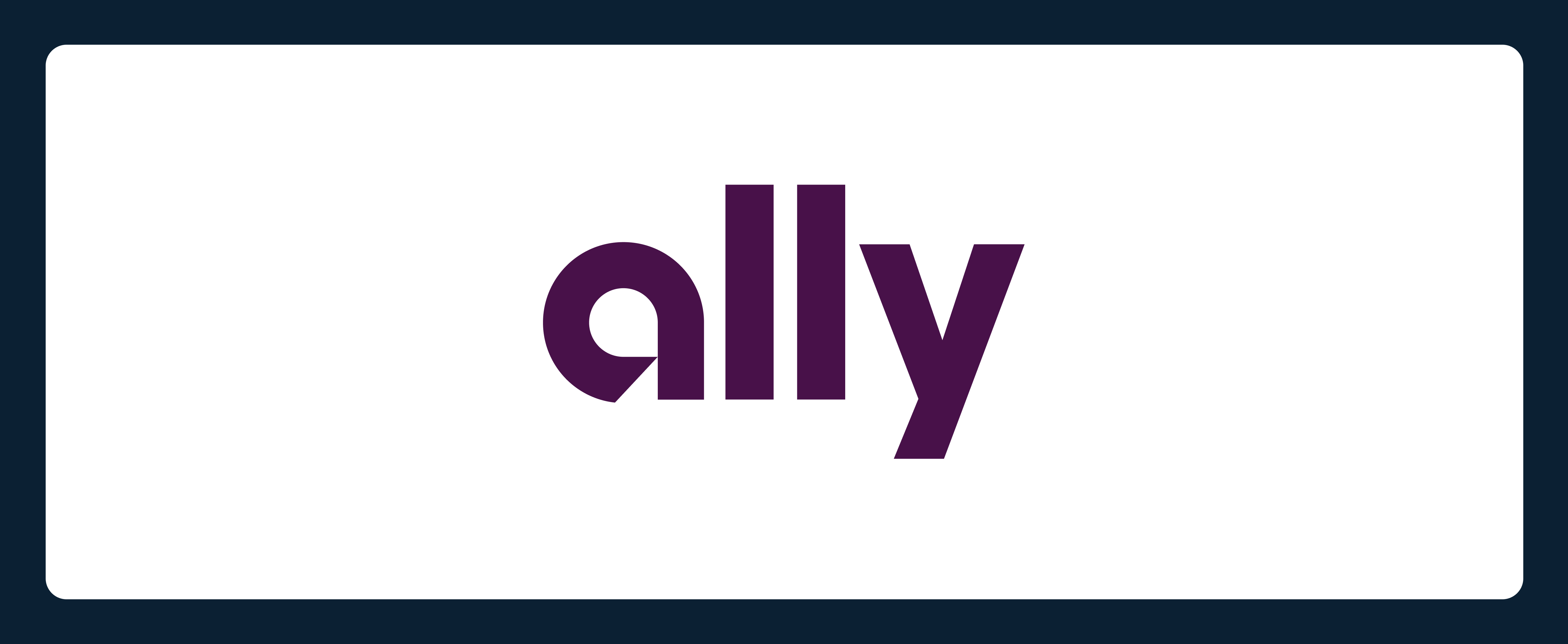
Best for: Individual landlords operating as a sole proprietor.
Ally Bank offers one of the best personal checking accounts nationwide and features personal loans, mortgage loans, and other personal banking products that rank among the best in class. While that doesn’t include business banking and lending products, some newer landlords operating under their own name may be happy with Ally’s offerings.
Running a business without an LLC or another entity has risks. But as a new real estate investor or landlord, you may choose to run a business under your name rather than a registered business name. Ally Bank’s low fees and competitive interest rates make it a great option if you do so. There is no recurring monthly fee, regardless of your balance.
| Account Fees | $0/month |
| Minimum balance | No minimum balance requirement |
| Rewards | 0.10% to 0.25% APY |
| Multiple payment methods | |
| Virtual cards | |
| Virtual accounts | |
| Built-in bookkeeping | |
| ATM network | 75,000+ ATMs |
| FDIC Insurance | Up to $250,000 |
| Payee management | |
| Integrated rent collection | |
| Financing options | |
| Customer service | Phone, chat |
11. Axos Bank
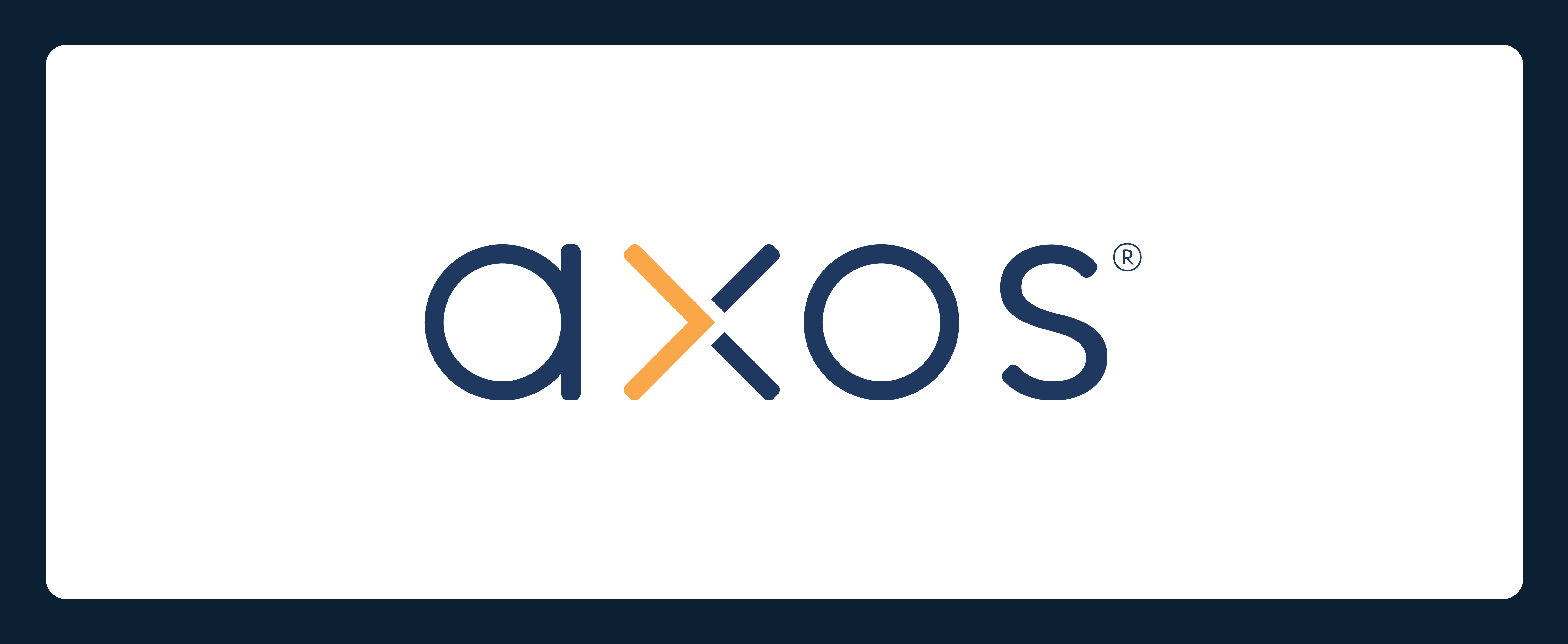
Best for: Interest-earning checking account options.
Axos Bank is a digital bank offering small business and commercial lending solutions, plus two business checking account options. The business interest checking account earns 0.10% to 1.01% APY, depending on the balance. There’s a $10 monthly fee, but you can waive it with a $5,000 minimum balance.
New investors may opt for the basic checking account with no maintenance fees and free incoming wires. Both accounts integrate with QuickBooks accounting software, though it’s not ideal for rental expense tracking. The best real estate investment banks have built-in bookkeeping designed for rental property accounting.
| Account Fees | $10 ($0 for basic checking) |
| Minimum balance | $5,000 ($0 for basic checking) |
| Rewards | 0.10% to 1.01% APY (4.01% for savings) |
| Multiple payment methods | |
| Virtual cards | |
| Virtual accounts | |
| Built-in bookkeeping | |
| ATM network | 91,000 ATMs |
| FDIC Insurance | Up to $250,000 |
| Payee management | |
| Integrated rent collection | |
| Financing options | |
| Customer service | Phone, email |
12. Relay Bank
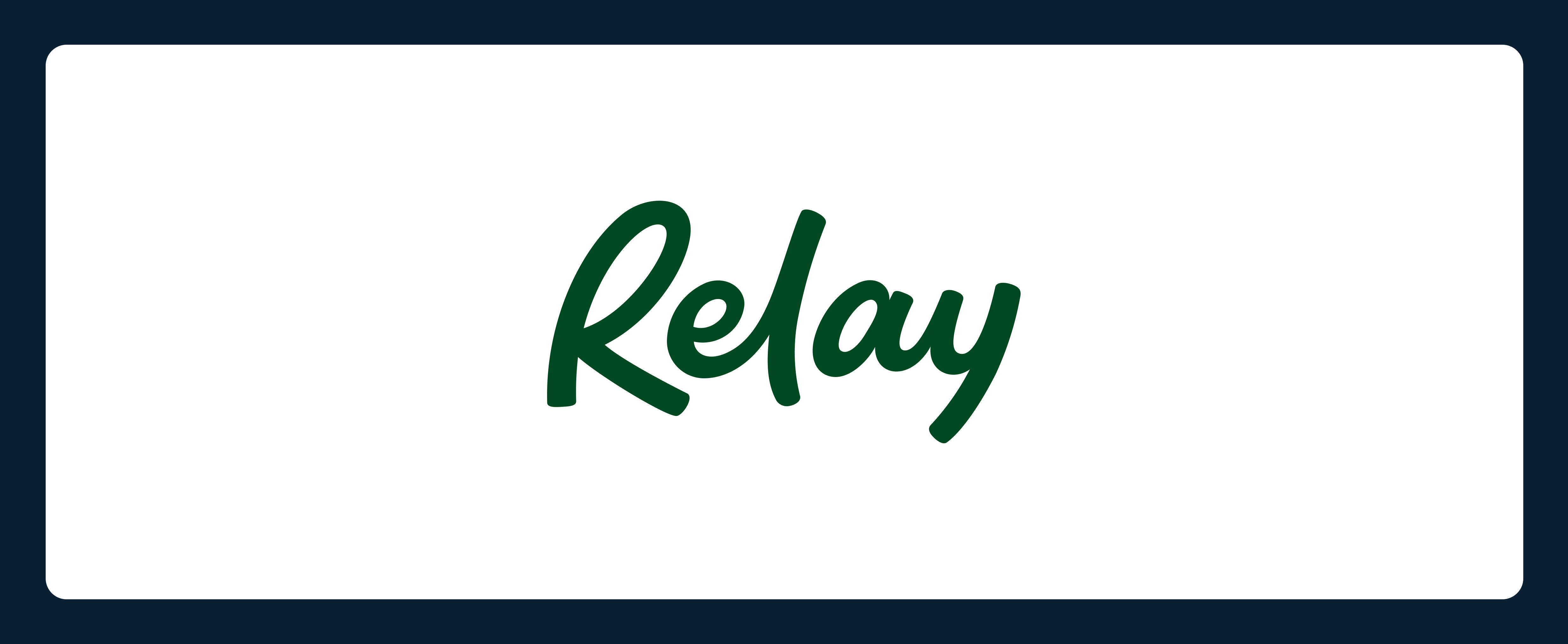
Best for: Business banking for team expense management.
Relay Bank is a digital banking platform for business owners, offering multiple accounts and up to 50 physical and virtual debit cards. There’s a limit of 20 checking and two savings accounts, which may not be enough for larger portfolios.
Investors with a few properties may also need more accounts to separate security deposits and expenses for each property. The platform offers basic bookkeeping features, but you’ll need QuickBooks or Xero for account reconciliation and tax reports.
| Account Fees | $0 to $30/month |
| Minimum balance | No minimum balance requirement |
| Rewards | Up to 3.76% APY |
| Multiple payment methods | |
| Virtual cards | |
| Virtual accounts | |
| Built-in bookkeeping | |
| ATM network | 50,000+ Allpoint ATMs |
| FDIC Insurance | Up to $3M |
| Payee management | |
| Integrated rent collection | |
| Financing options | |
| Customer service | Email, chat |
Best debit card for real estate agents and landlords
When choosing the best bank account for rental property finances, consider the debit card options. Look for debit cards with cashback rewards, fee-free deposits and withdrawals, and expense management features like spend controls and auto-categorization.
Here are some top real estate investment banking debit card options to consider:
| Baselane Visa Debit Card | Bluevine Business Debit Card | Chase Business Debit Card | Axos Business Debit Card | Relay Business Debit Card | |
|---|---|---|---|---|---|
| Cash back | |||||
| Fee-free cash deposits & withdrawals | |||||
| Spend controls | |||||
| Virtual cards | |||||
| Auto-categorization |
Baselane Visa Debit Card
Baselane’s real estate business checking accounts come with a physical debit card (one per main account) and unlimited virtual debit cards. Easily add debit cards to Apple Pay or Google Pay and set up auto-tagging rules to allocate spending to specific properties or expense categories. Share virtual cards with your property manager, cleaners, or other team members, and set spending limits to stay within budget. Plus, you’ll get 1% cash back3 on everything you buy.
Bluevine Business Debit Card
Bluevine’s debit card earns up to 4% cash back at select merchants and offers free withdrawals at 37,000+ MoneyPass ATMs (cash deposits may have fees). It supports virtual cards and spend controls, but there’s a limit of nine total debit cards (physical and virtual) across the account. This includes closed and deactivated accounts.
Chase Business Debit Card
Chase’s debit card offers basic business banking features with no cash back rewards. It allows free electronic withdrawals and deposits (up to $5,000) and includes 20 free transactions per month with tellers and paper checks ($0.40 per transaction after that). Withdrawals from ATMs outside of the network cost $3 in the U.S. and $5 everywhere else.
Axos Bank Business Debit Card
Axos Bank provides one free debit card per business bank account. There’s no option to add virtual cards or request additional physical debit cards. While you won’t earn cashback rewards, unlimited domestic ATM reimbursements can save you some money if you routinely make deposits and withdrawals.
Relay Business Debit Card
Relay supports up to 50 physical and virtual debit cards with spending limits for team members. These cards don’t earn cash back, so you’ll miss out on making money from everyday expenses. Cash withdrawals and deposits are free at 55,000+ Allpoints ATMs. Deposits can also be made at a Green Dot Network retailer for a fee (up to $4.95).
12 Questions to ask before opening a bank account for a rental property
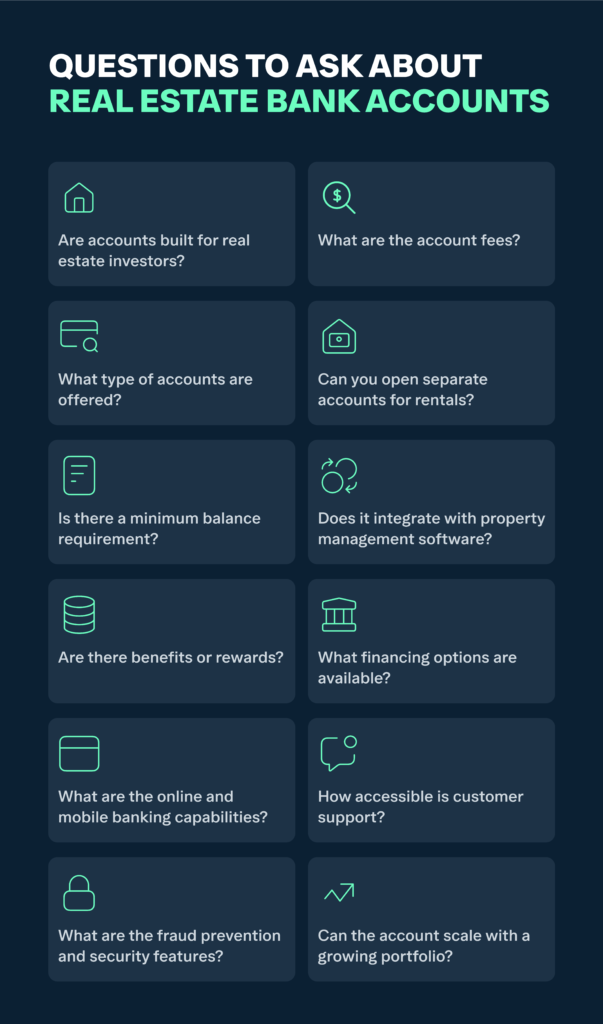
1. Are there accounts designed for real estate investment banking?
While traditional business bank accounts are designed for general commercial use, real estate investment banking accounts include specific features that help landlords manage rental income, expenses, and vendor payments more efficiently.
| Real Estate Banking | Traditional Business Banking | |
|---|---|---|
| Expense Categorization | Categorizes rental-related transactions automatically | General categories for expenses |
| Virtual Debit Cards | Issue multiple virtual cards for contractors and vendors | Limited availability |
| Property-Specific Accounts | Open separate accounts for different rental properties | One account for all business funds |
| Payee Management | Bulk payments and scheduling for vendors and property expenses | Basic payment processing |
| Property Management Tools | Integrated tools or syncs with rent collection and accounting platforms | Not available |
Open unlimited accounts for properties and security deposits with no monthly fees.
2. What type of accounts can you open for rental property?
The bank should have options to open checking and savings accounts for rental property funds.
A rental property checking account is ideal for day-to-day transactions:
- Collecting rent payments: Tenants can pay rent via ACH transfer or card.
- Paying property expenses: Use it for mortgage payments, property taxes, insurance, and utilities.
- Managing repairs & maintenance: Cover contractor and service provider payments.
A rental property savings account is ideal for holding funds or building reserves:
- Emergency repairs: Avoid financial strain when unexpected maintenance issues arise.
- Vacancy reserves: Set aside funds to cover mortgage and expenses if a unit is unoccupied.
- Capital improvements: Save for long-term property upgrades like roof repairs or renovations.
- Security deposit storage: Some states require landlords to store tenant security deposits in a separate interest-bearing savings account. Learn more about security deposit savings accounts.
3. Can you open a separate bank account for rentals?
Make sure the bank allows you to open a separate bank account for rental property income and expenses. Opening a business bank account specifically for rental properties is highly recommended. Keeping rental income and expenses separate from personal finances streamlines accounting, simplifies tax reporting, and enhances financial organization.
Key benefits of a dedicated rental property account:
- Easier tax filing: Simplifies Schedule E deductions, reducing bookkeeping errors and potential audit risks.
- Professionalism & credibility: Enhances trust with tenants, vendors, and lenders when using a business banking account instead of a personal account.
- Asset protection: Keeping personal and rental property finances separate can help protect personal assets in case of legal or financial disputes.
Check if your state requires a separate escrow account for security deposits. Learn more about how to open an escrow account for rent.
4. What are the fees associated with the account?
Bank fees can significantly impact your rental business’s profitability, so choosing an account with minimal or no fees is important. Common bank fees to consider:
- Monthly maintenance fees: Some banks charge $10–$30 per month unless you maintain a minimum balance.
- Transaction fees: Costs for ACH transfers, wire payments, and deposit limits can add up.
- ATM fees: If you withdraw cash frequently, check for fee-free ATM access or reimbursements.
- Overdraft fees: Some banks charge up to $35 per overdraft, making overdraft protection a key feature.
- Outgoing wire transfer fees: Can range from $15–$50 per transfer, depending on the bank.
5. Is there a minimum balance requirement?
Banks commonly require a minimum balance to avoid fees or earn interest. Before opening an account, consider:
- Minimum balance amount: Banks generally require a daily balance of $500 to $5,000 to waive monthly fees.
- Interest rates: Certain accounts may earn higher interest rates if you maintain a minimum balance.
- Fee structure: Some banks charge transaction fees or other penalties for falling below the minimum balance, in addition to monthly fees.
6. Do accounts integrate with property management or accounting software?
Some banks integrate with property management or accounting software like QuickBooks, Zelle, or Zillow, but this still requires multiple tools to manage rental finances. A bank with built-in property management and rent collection features eliminates the need for costly third-party software.
7. What rewards does the account offer?
The best business bank accounts for real estate investors reward property-related purchases. Here’s what to look for:
- Cash back rewards earned with multiple debit cards linked to the same account.
- High-yield interest rates above 1% that increase with your balance.
- Bonus offers for signing up, fee waivers, or partnership discounts.
8. What financing options does the bank provide for real estate investors?
When evaluating a bank, check for loan products like conventional mortgages, investment property mortgages, debt service cover ratio (DSCR) loans, and other financing for real estate investors. There should be rental loans for every type of investment strategy, so you don’t have to use a separate bank for rental property financing.
9. What are the online and mobile banking capabilities?
The best business bank account for real estate agents and landlords will have strong digital banking to manage finances anytime, from anywhere.
Key features to look for:
- Mobile check deposits: Deposit checks instantly using your smartphone.
- Real-time alerts: Get notified about incoming rent payments, overdrafts, or suspicious transactions.
- Digital payments: Easily send and receive payments via ACH, check, card, or wire.
10. How accessible is customer service?
The right banking partner should offer multiple support channels with extended hours to quickly resolve issues and minimize disruptions. Here’s what to look for:
- Support availability: Does the bank offer 24/7 customer support, or are there limited hours?
- Support channels: Look for banks that provide phone, live chat, and email support.
- Response time: How quickly does the bank respond to inquiries?
11. What are the fraud prevention and security features?
When managing rental properties, security is crucial to protect rental income, tenant payments, and financial data. A real estate investment banking account should offer strong fraud prevention tools to safeguard transactions and reduce risks, including:
- Multi-factor authentication (MFA): Adds an extra layer of protection for account logins.
- Virtual card locks: Instantly lock or close virtual cards to prevent unauthorized transactions.
- Transaction alerts & monitoring: Receive real-time notifications for deposits, withdrawals, and suspicious activity.
- Bank-level encryption: Ensures secure tenant rent payments and fund transfers.
- FDIC Insurance: Protects deposits, usually up to $250,000 per account.
12. Can the account scale with a growing portfolio?
As your rental portfolio expands, you’ll need a banking solution that grows with you. A scalable account should provide:
- Virtual accounts & sub-accounts: Organize funds for each property, unit, or security deposit without needing multiple bank accounts.
- Unlimited transactions: Avoids limitations on deposits, withdrawals, or transfers as your rental income increases.
- Multi-user access: Allows property managers, accountants, or business partners to access specific accounts without full control.
- Customizable financial reports: Helps track income and expenses at a property and portfolio level, simplifying tax season.
Bottom line
The right bank can make all the difference when it comes to managing rental property finances. Traditional business banking can work, but you’ll likely end up paying extra for additional accounts and third-party software to handle rent payments and accounting.
With Baselane banking for real estate investors, you can open unlimited accounts for all your properties without any monthly fees. Automated bookkeeping and rent collection are built in, so all your income and expenses are auto-tagged to a specific property for easy tax prep. Plus, you can screen tenants, e-sign leases, secure financing, get insurance, and more, all in one place.
Ready for banking that manages real estate finances for you? Get started for free today.
FAQs
To open a new business bank account for real estate investing, plan to supply your personal contact information, business formation documents (such as articles of incorporation), and your business Employer Identification Number (EIN). Opening a new Baselane account takes about two minutes if you have your information handy.
When looking for the best real estate bank, consider the costs, interest rates, and features you need to run your rental property business. A bank with no monthly fees or minimum balance requirement, high APY on account balances, and the ability to collect rent and track your finances are all important features for real estate investors.
Banks for real estate investors should offer no bank-imposed fees, competitive interest rates on cash balances, and features to help you collect rent and understand your cash flow, all with one login.
While we may be biased, we think Baselane is the best landlord and real estate banking available today. But regardless of whether you go with us (we hope you will!), any of the banks on this list could meet your needs as a real estate investor.
Virtual accounts are a simple yet powerful feature of Baselane banking that allows you to keep your finances organized and funds separated. Virtual accounts act as “sub-accounts” with their own account number nestled under the main account.
Virtual accounts are free and can be opened with a click of a button. These accounts can also be added as a payout method on vacation rental sites, like Airbnb and Vrbo. Check out our list of the best banks for Airbnb business owners.
Virtual accounts are used to organize each property’s operating expenses, security deposits, reserves, and more. For example, if you open a Baselane banking account for an LLC with two properties, you can open a virtual checking account for each property to send and receive payments, a virtual savings account for each security deposit, and another virtual savings account for reserves to use for a future remodel.
Here’s a summary of what Baselane’s virtual accounts offer:
- Virtual accounts are free and can be opened with a single click.
- Easily separate finances for security deposits, different units, savings, etc.
- Automate bookkeeping by enabling auto-tagging for all transactions to a specific property or unit.
- Earn up to 3.35% APY2 on savings accounts (including on security deposits). That’s 60x the national average.
Security deposits are a crucial part of rental management—make sure you understand the rules. Learn more about landlord security deposit guidelines.
Virtual cards from Baselane offer a flexible and secure way to manage spending and help automate bookkeeping.
Here are the top benefits of virtual cards:
- Automate expense categorization: Make bookkeeping a breeze. Set rules for each card to have all transactions auto-tagged to a property and Schedule E expense category.
- Create multiple virtual cards per checking account: Use virtual cards to manage your spending, and create separate cards for different expense types, properties, vendors, and more.
- Control your spend: Set spending limits, lock, unlock, and close cards any time you want. If the card is locked or the transaction goes over the limit, it will automatically decline the transaction.
- Instant activation: You don't have to wait for your card to arrive in the mail—start using it from the moment it's created.
Banking built for real estate
- Multiple accounts per property
- No monthly fees or minimum balances
- Earn up to 3.35% APY2
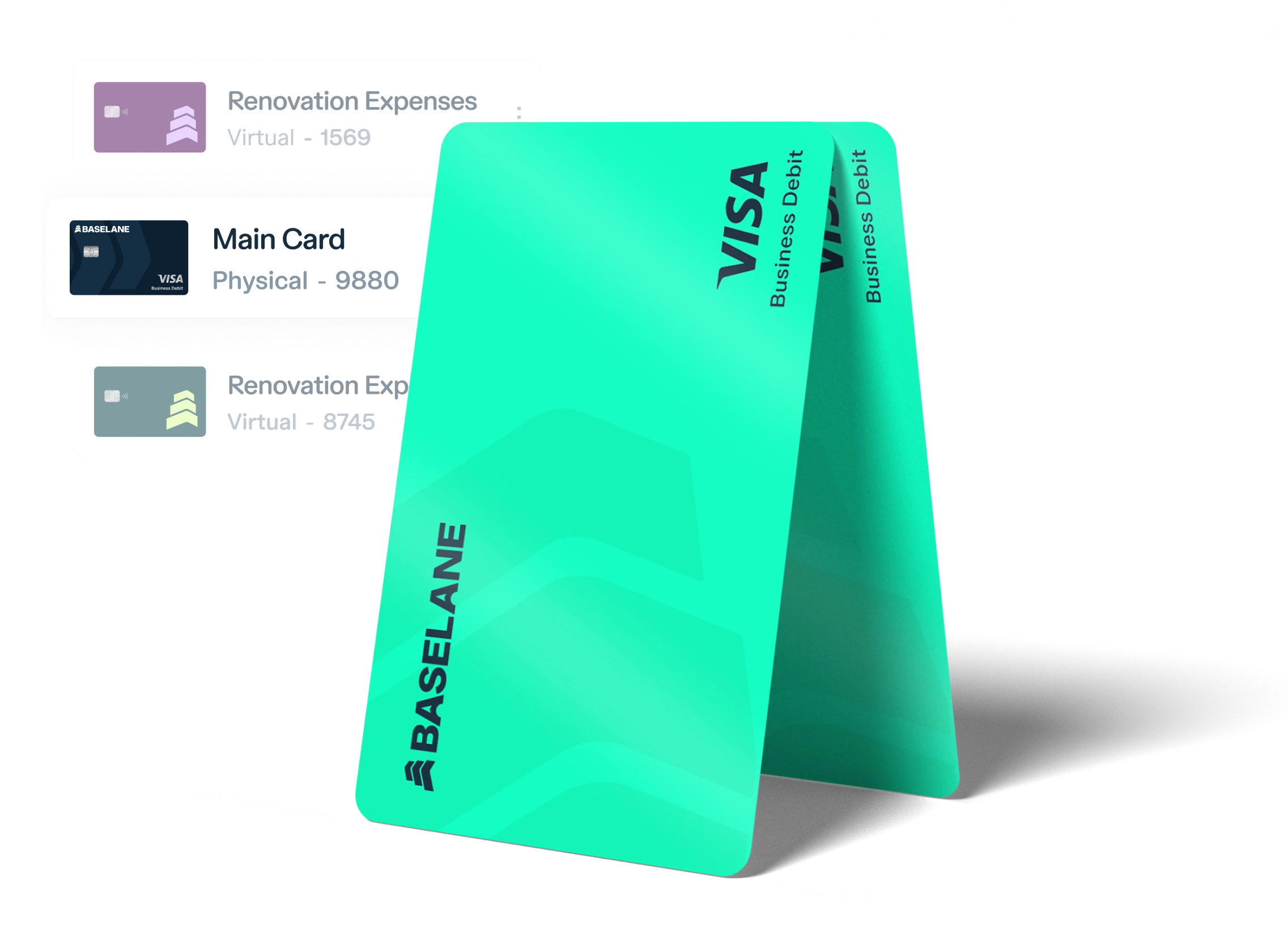
Don't miss these

Guide to Collecting and Managing Security Deposits
When tenants move in, they pay a security deposit that’s held by a landlord until the lease ends. It covers any damages beyond normal wear and tear, unpa...
6 December 2023
How to Calculate & Track Rental Property Operating Expenses
Calculating your rental property operating expenses starts with understanding these costs. While it may seem like every cost associated with your rental is...
1 June 2023
10 Best Free Property Management Software Platforms
As a landlord or real estate investor, you know the importance of efficient property management. But between keeping track of finances, collecting rent, an...
23 December 2024
